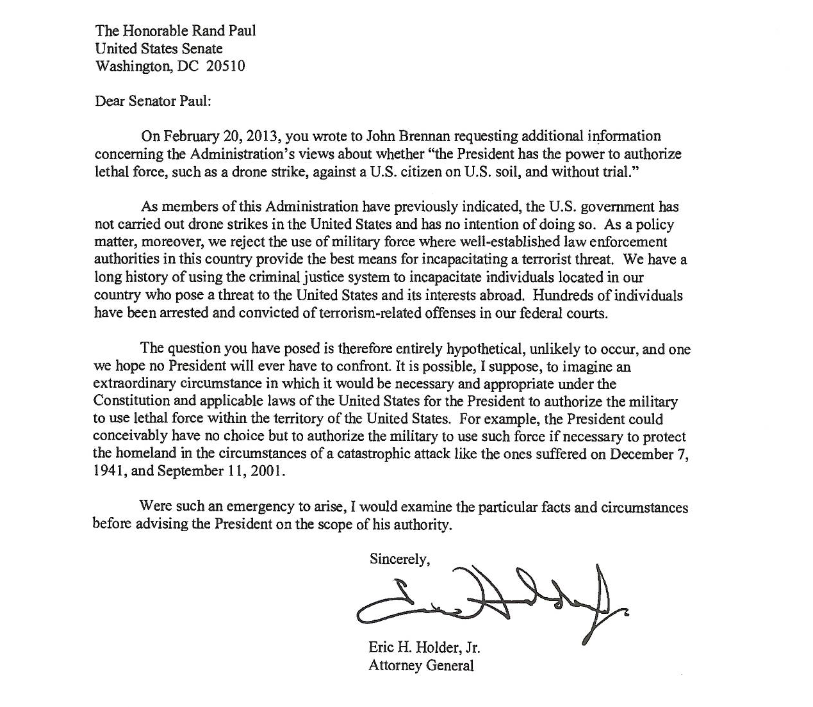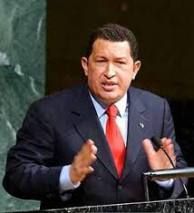
Strengthen – example 1.)
As a seventh grader, Victor Alcantara towered over his peers. Already six feet tall and a substantial 190 pounds, Victor was well prepared by nature for what gave him the greatest pleasure – being a thug. Victor was not driven by circumstances into his chosen career field. He had an unremarkable but perfectly serviceable intellect.
His father was a University professor and his mother was a lawyer. That Victor lacked their passion for academic acheivement was something of an irritant to them as were the frequent calls from school administrators and the irate parents of Victor’s victims.
Victor had wisely chosen to form a strategic partnership with the next largest boy in seventh grade, Mark Ballis, who had been held back a couple of times making him the oldest seventh grader in the entire school system. Mark was neither tremendously bright nor capable, but generally not a bad sort of kid and Victor had decided that he needed something of a life remake. As part of Victor’s remake, he had renamed him, “Spike” and had had spent considerable effort on tutoring him as to how to comport himself with a certain thuggish silence and an attitude of cool equanimity. Spike became a perfect henchman.
Victor and Spike, while often scheming greater exploits mostly engaged in classic bullying, shaking down kids in the halls and at recess for their lunch money. Victor’s instincts led him to choose the social misfits, the nerds and the fat kids as his victims, steering clear of the popular kids.
One day, Victor and Spike had cornered a recently arrived fat kid on the playground. Victor got close up to the kid so that he had to look up at him at a sharp angle and pressed his demand. “You kind of bother me looking like that, I think that you should give my associate here Spike your lunch money.”
Normally, the implied threat of violence and the innate desire to flee caused most kids to hurriedly comply with Victor’s demands, but this kid did not seem to be in any hurry to comply. Victor leaned closer as the kid asked him, “What do you need it for?”
Nobody had ever asked Victor a question that went to the purpose of his enterprize before and he didn’t have a quick answer ready. His brain raced as he stalled for time. He fixed his portly interlocutor with an angry stare, the kind he had practiced in the mirror hundreds of times, but the kid just stood there, relaxed and expectant.
Then, from somewhere, Victor knew not where, the words came to him and he delivered them with a patient, but subtly insistent tone. “This isn’t about our needs. This is about you. You need to lose some weight and toughen up a bit. We will strengthen your ability to help yourself by removing one of the causes of your problem. Now, are you going to hand over the money or do we have to work harder to strengthen you?”
Victor, now an old man sitting in his favorite chair, reflected that this was the turning point in his life where he transitioned from being a mere thug to becoming a politician.
Strengthen – example 2.)
Victor sped into the Gas and Go on Bynum Road. He hopped out of his gaudy Hummer with enormous graphics that read, “Alcantara – County Executive” adorning all visible sides and the hood. Heading straight for the office, he bellowed out to the man behind the counter, “Johnson, I need to talk to you now!”
Walter “Butch” Johnson closed the cash register, signalled to the pimply faced kid dispensing a hot dog to a customer to take over and shuffled into his office. Victor was seated behind the desk looking around at Butch’s family pictures on the left by the stapler and the calculator. “Sit down Butch,” Victor said.
Victor Alcantara, now in his 30’s was the owner of a chain of gas station convenience stores and had recently been elected County Executive. Victor now needed to scrape up some money to purchase a sand and gravel pit. All of the pieces were in place. He had installed Mark “Spike” Ballis as the County’s head of Public Works who would approve the contract with the County for sand and gravel and then the taxpayers could contribute directly to his success. Now all he needed was a bit more capital to swing the deal.
“Butch,” he started, “I really appreciate the hard work you’ve been doing here, doing without an assistant manager, working double shifts and keeping down the costs of hiring kids to work the store in these tough times.” Butch nodded and wondered when the pain would come. “So I’ve been trying to find a way to reward your efforts. I wanted to be able to tell you that we’d finally be able to give you and all of the managers a raise, but, the money’s just not there for that.” Victor paused and gave Butch the compassionate look that he’d been working on in the mirror and had deployed repeatedly at events while campaigning for office. Seeing the look, Butch thought to himself, oh damn, here it comes now.
Victor launched back in to his spiel, “So I thought, I don’t have the money,
because times are tough. Let me tell you, though your store is a consistent performer, Butch, there have been a number of times I’ve thought that maybe I’d have to shut down a few stores. So I thought, what other sort of thing can I do for my people? Then I got to thinking about you, Butch. You’ve got a family and what you need is security. The security that comes from knowing that the company you work for is strong and can continue to keep you employed.”
Victor suddenly got to the heart of his pitch. “So, I’ve decided to strengthen you by strengthening the company, Butch. From today forward, everybody’s pay will be cut back to minimum wage. Your paycheck won’t need to go down, you can keep on working all of the hours that you want, Butch, and the company can afford to keep paying you and everyone else. So, that’s what I am working to give everybody here, a strengthened company and strengthened employees. That security should really help you, Butch, now that your third child is on its way, right?” Butch nodded his head while still in the process of making some mental calculations as to how the hell he was going to keep his family afloat while Victor sprang to his feet, slapped Butch on the back as he worked his way out the door and thought to himself, “one down, 27 to go.”
Strengthen – example 3.)
Victor sat in the den surrounded by mementoes of his long political career. His eyes scanned over the walls covered with pictures of himself with presidents and other congressmen. There were assorted awards and trophies imparted by a mixture of lobbyists, corporations and organizations, pictures of himself on the podium at the Republican National Convention, CPAC, playing tennis at Kennebunkport. His eyes fell on the picture given pride of place in the room that had hung in his congressional office for years. It was a picture taken when he visited an industrial hog farm many years ago. It showed him and the farmer in the foreground, and as far as the eye could see were pigs, tightly penned in row after row of cages with mounds of food in front of them and a conveyor belt behind them to take away their poop. The picture had become for Victor a visual metaphor for his constituents and the public in general.
Victor looked down and began to read aloud from an article on his laptop:
Congressional Democrats, led by House Minority Leader Nancy Pelosi (Calif.), signaled greater willingness on Wednesday to cut Social Security benefits … Pelosi told reporters on Capitol Hill that a cut proposed by President Barack Obama in the fiscal cliff negotiations would in fact
“strengthen” the program, echoing the claims often made by Republicans about entitlement programs they want to slash. …
The cut involves swapping out the traditional method for calculating cost of living increases, based on the current standard for measuring inflation, for something called a chained CPI, or chained Consumer Price Index.
The cuts would start small, but wind up costing beneficiaries thousands of dollars over time … Pelosi wrapped both her arms around it Wednesday, insisting she does not regard it as a “cut.”
Victor stared at his laptop in disbelief for a moment and then erupted, “Goddamn, I can’t stand that Obama, but I have to admit, the man has cojones! Strengthening Social Security my ass! If I had proposed a scam like that in my day, they would have relegated my ass to the “crazy uncle” wing of the party! That son-of-a-bitch is sending ’em off to the slaughterhouse and they still think he’s just the nice farmer that gives them all that damned food!”
Victor emitted a gutteral cackle startling his trophy wife’s cat who was yet again demonstrating his feelings for Victor by peeing on his rug for the umpteenth time.



 Popular Venezuelan President
Popular Venezuelan President 
Recent Comments